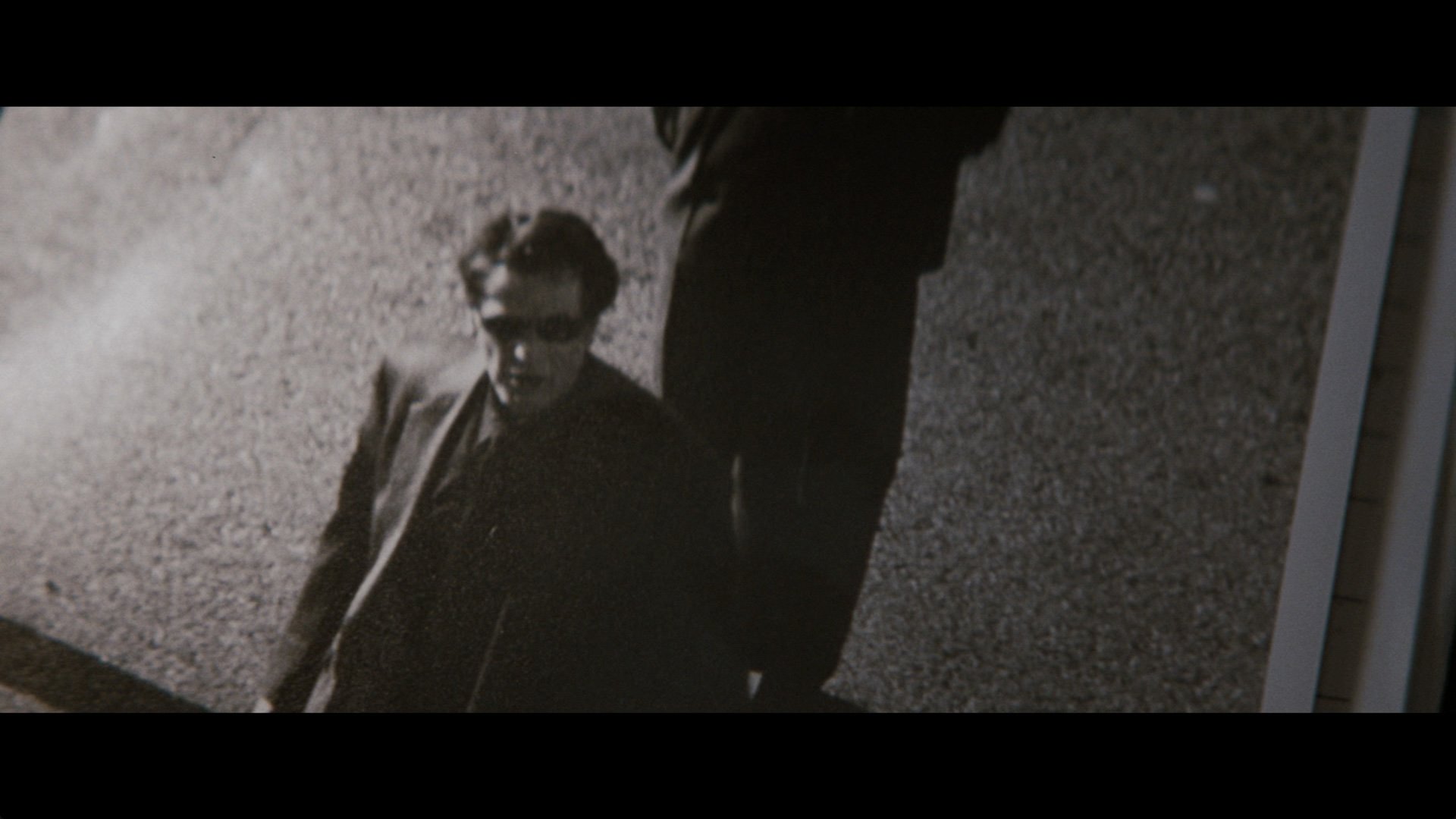One HEAT Minute: Episode #84 - Dr Hamish Ford (Senior Lecturer - University of Newcastle)
ONE HEAT MINUTE is the podcast examining Michael Mann's 1995 crime epic HEAT minute by minute. It's the 84th minute (1:23:00-1:24:00) - host Blake Howard joins Senior Lecturer in Film, Media and Cultural Studies and program convenor for the Bachelor of Arts program at the University of Newcastle (and his honours thesis supervisor) Dr Hamish Ford. Blake and Hamish discuss how Mann gets right what so many others get wrong in conversation staging, the concept of "amour fou" or crazy love and being compelled to crime because of the banality of regular life; fraternal guidance in Voight's performance; the majesty of the overpass cathedral and so much more.
GUEST BIO
Dr. Hamish Ford
Dr. Hamish Ford is a Senior Lecturer in Film, Media and Cultural Studies (FMCS) at UoN. His teaching and research are primarily based within the area of film studies. From late 2012 to the end of 2015 he was FMCS Head of Discipline, and as of January 2016 has been the program convenor for the Bachelor of Arts.
As a researcher, Hamish is best known for work on post-war European modernist cinema, the relationship between film and 20th Century European philosophy, and more recently contemporary world cinema and postcolonial film studies. In late 2012 Palgrave Macmillan published his first sole-authored book, Post-War Modernist Cinema and Philosophy: Confronting Negativity and Time. Since gaining his doctorate from UNSW in 2005, he has regularly published in prominent local and international academic journals, and contributed chapters to high-profile scholarly books, as well as numerous critical pieces.
Hamish's recent publications include: a peer-reviewed journal article on modernism and realism in Michelangelo Antonioni's early 1960s films (Senses of Cinema, 2015); a book chapter on visual style in the 1970s films of Robert Altman, focusing on the director's use of zoom and widescreen (A Companion to Robert Altman, Wiley/Blackwell, 2015); a book chapter on Theo Angelopoulos' role in the story of European post-war modernist cinema (The Cinema of Theo Angelopoulos, University of Edinburgh Press, 2015); a peer-reviewed journal article on Altman's cinema as an emblematic yet challenging exemplar of 'New Hollywood' (Screening the Past, 2015); and, 'Charting the Web: at the Demonic Heart of Rivette's 1970s Cinema' (Senses of Cinema, 2016). His most substantial recent published work is a 35,000-word peer-reviewed journal article - effectively a short digital book - accompanied by 88 still images, on Peter Watkins' film La Commune (Paris, 1871) in light of Henri Lefebvre's theoretical work and recently rekindled interest in the subject of urban space and revolution (Jump Cut, 2016).
When it comes to teaching, course creation and coordination, subsequent to attaining a full-time position at Newcastle in 2008 Hamish has substantively re-written the film studies curriculum and consistently received excellent responses from students as indicated by Faculty, staff, and student originated feedback mechanisms (including being nominated in the 'best lecturer' awards every year). Prior to arriving at UoN, he held sessional appointments across multiple different universities in Sydney (University of NSW; University of Sydney; University of Western Sydney; and University of Technology, Sydney) teaching in the areas of film studies, media studies, philosophy, politics, gender studies, and cultural studies.
In the wake of Post-War Modernist Cinema and Philosophy: Confronting Negativity and Time's publication, Hamish is now working on three book projects in various stages of preparation due for completion in the next five years. The first is a collaborative work on film and architecture, based around the theme of different films' presentation of revolutionary moments in history, co-authored with A/Prof. Michael Chapman (UoN, School of Architecture and Built Environment), on which he has been presenting at international conferences in recent years. The remaining two book projects both take in extensive completed international archive and library research (funded through UoN internal grants). These two monographs will respectively address in close-up select films by Ingmar Bergman and Michelangelo Antonioni.
Hamish is also pursuing more collaborative work, notably in the area of film studies' relationship to architecture scholarship. Along with co-conveners Prof. Chapman (UoN), Prof. Charles Rice (UTS, Sydney), and Dr. Sam Spurr (College of Fine Arts, UNSW), he ran a successful symposium event on film and architecture in central Newcastle in late 2016. Hamish is in the early stages of organising a special journal issue that will feature articles drawn from symposium papers in addition to select others, as well as setting up an ongoing film-architecture research nexus with a view to running similar symposium events every two years with resulting published outcomes. Hamish received initial 'start-up' funding for the inaugural symposium via a FEDUA 'SNaPP' grant in late 2015.
In addition to academic research in and around the area of film studies, Hamish is also the author of magazine, newspaper and online articles covering film, media, culture, and politics in local publications such as the Australian Book Review, The Age, Sydney Morning Herald, ABC Drum, Online Opinion, and New Matilda, plus Spiked! (UK) and ZNet (USA).
Research Expertise
- Post-war modernist cinema (especially Antonioni, Bergman, Godard, Resnais) - Contemporary world cinema (especially European, Iranian, East Asian) - Cinematic time and negativity - Affect theory - Cinema and postcolonialism - European philosophy and film studies (especially Frankfurt School, phenomenology, Deleuze) - Cinema, the city and modernity
